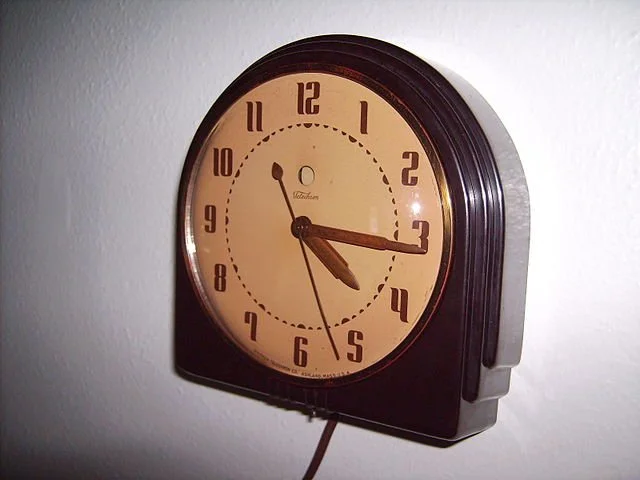![Securities Fraud Claims]()
The basis for many securities fraud claims is a Securities and Exchange Commission rule called Rule 10b-5. That rule essentially prohibits anyone from lying in connection with securities. Often this is in connection with the sale and promotion of securities, but the rule also applies to statements made by a publicly traded company to the marketplace in general.
Read More
![Taking a Deposition]()
The deposition should start by following the script of questions that the lawyer prepared. But witnesses will frequently give unexpected answers. This is why I keep an eye on the transcript (I usually pay extra for the “Real Time” screen that lets me see the transcription of what was just said) and, if the answer leads to more questions or if the answer is unclear or unresponsive, I follow up until I get a clear answer.
Read More
![More Thoughts on Temporary Restraining Orders]()
Temporary Restraining Orders frequently arise in disputes arising from the use of confidential material or intellectual property. This may be because it is difficult to quantify the damage arising from improper use of confidential material and so a money judgment may not properly compensate a plaintiff.
Read More
![More Thoughts on Releases]()
In a settlement negotiation, the defendant's main objective is to get a release from the plaintiff. A defendant usually offers the plaintiff money in exchange for a promise by the plaintiff not to sue and to end any existing litigation. But the defendant usually also wants a release from the plaintiff because it legally ends the threat of any future litigation by the plaintiff on the subject of the dispute.
Read More
![More Thoughts on Confidentiality]()
Lawyers are not public relations specialists, and so they may not consider how a particular argument could be viewed in the court of public opinion or how a statement could be viewed out of context.
Read More
![Litigating From Home]()
When I worked in an office, I almost always bought lunch at local lunch places. In midtown Manhattan, that would cost millions of dollars each week. Now, I make sandwiches, eat leftovers, or make other quick meals.
Read More
![Deadlines]()
Unlike the deadline to answer an initial demand or pleading, the deadline to file an appeal is often strict. A good appeal, filed late, may be dismissed for the lateness alone. As a result, litigants have to be vigilant to make sure they file their notices of appeal on time.
Read More
![More Thoughts on Defaults]()
Judges do not just rubber stamp requests for default judgments. They often scrutinize a plaintiff’s request for one to make sure they served papers correctly and that they submitted adequate evidence to support their case.
Read More
![Bad News]()
Before delivering bad news, it helps to let a client know what to expect. This way, they will not be blindsided when an adverse event occurs. Doing this is tricky because, if a lawyer only shares worst case scenarios, the client may get too scared to proceed in situations where risks are low. They may also mistake a worst case scenario for a prediction of failure.
Read More
![More Thoughts on Document Discovery Basics]()
While the discovery rules are technically uniform within a jurisdiction or, to some extent, nationwide, different judges take different approaches in enforcing them. Accordingly, a lot of discovery disputes involve lawyers huffing and puffing about how they know what the rules are and how shocked they are that the other side is brazenly violating them, only to later see the judge sees it all a different way.
Read More
![More Thoughts on E-Filing]()
How do you start a lawsuit? The answer in a lot of places and under many situations is by electronically filing a document!
Read More
![Key Differences Between California State Courts and Federal Courts in Litigation]()
Federal courts tend to be more structured, with stricter rules and procedures. This can be both a blessing and a curse. For one, it ensures that cases are handled with a high level of scrutiny and professionalism. However, the process can also be slower and more expensive due to the complexity of federal cases.
Read More











